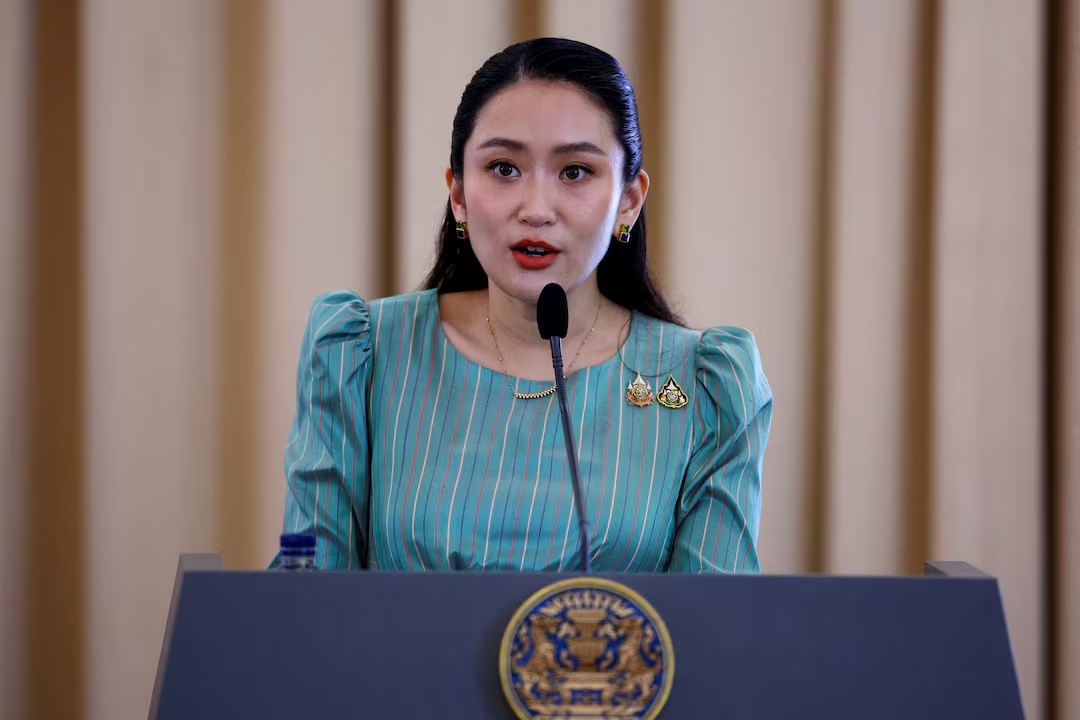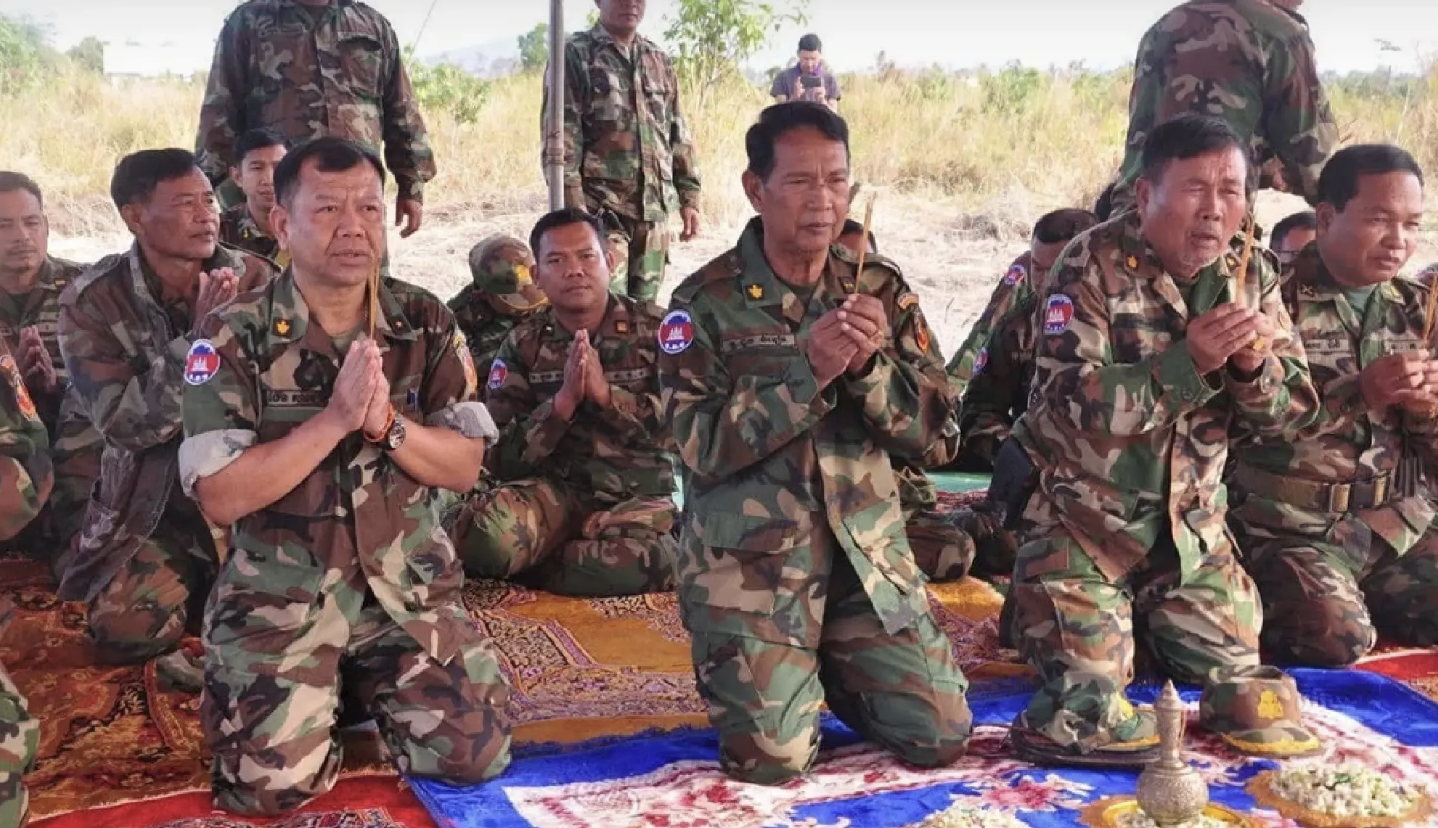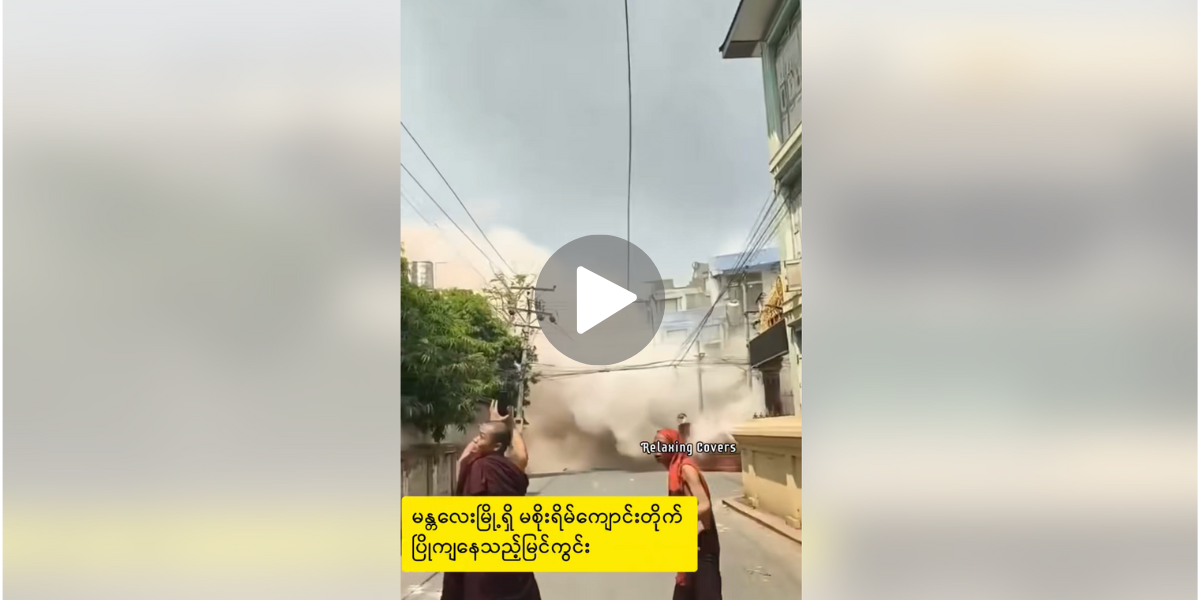Bhumjaithai’s Exit Rocks Government
Thailand’s ruling coalition, led by Prime Minister Paetongtarn Shinawatra, faced a severe crisis on June 19, 2025, as the Bhumjaithai Party withdrew, citing a leaked phone call with former Cambodian leader Hun Sen that damaged national pride. The move, announced late June 18, 2025, has left Paetongtarn’s Pheu Thai-led government with a razor-thin majority, intensifying calls for her resignation after just 10 months in office.
Leaked Call Sparks Outrage
Paetongtarn Apologizes for Remarks
During a June 15, 2025, call, Paetongtarn urged Hun Sen to seek peace in a Thai-Cambodian border dispute, dismissing an army commander’s rhetoric as posturing. The leaked audio, which surfaced on June 18, prompted her public apology on June 19 at a Bangkok press conference, flanked by military officials. She insisted her comments were a diplomatic tactic, not a slight against the military, but the backlash has fueled public and political discontent.
Fragile Coalition at Risk
Smaller Parties Weigh Options
Bhumjaithai’s departure, stripping 69 MPs from the coalition, leaves Paetongtarn with 255 seats in the 495-member House, barely enough to govern. The United Thai Nation and Democrat parties, key allies, scheduled meetings on June 19 to decide their stance. A further exit could force a minority government, compelling Paetongtarn to resign or dissolve parliament for a snap election, potentially boosting the opposition People’s Party.
Economic Fallout Deepens
Stock Market Plummets Amid Turmoil
The political upheaval rattled Thailand’s economy, with the SET Index plunging 2.2% to 1,068.73 on June 19, 2025, its worst performance since March 2020. Foreign investors, already wary, have withdrawn 78 billion baht from Thai stocks in 2025, spooked by fears of U.S. tariffs and economic stagnation. Analysts warn that ongoing instability could derail critical legislation, including casino legalization and the 2026 budget.
Pheu Thai Calls for Unity
Thaksin’s Influence in Spotlight
Pheu Thai issued a statement on June 18, 2025, urging national unity to protect sovereignty, while Paetongtarn emphasized military support. Her father, Thaksin Shinawatra, is reportedly working to secure backing from smaller opposition groups to stabilize the government. Critics, however, highlight Thaksin’s polarizing role, noting his return from exile in 2023 has deepened tensions within the fragile coalition formed that year.
Protests and Legal Challenges Mount
Opposition Seizes Momentum
Anti-government protests erupted near Government House on June 19, 2025, demanding Paetongtarn’s resignation, while pro-royalist groups planned to file complaints alleging ethical and security violations. The crisis has raised fears of military intervention, given coups against Shinawatra-led governments in 2006 and 2014. If Paetongtarn steps down, parliament would select a new prime minister from a limited pool of 2023 nominees, or an election could reshape Thailand’s political landscape.
Long-Term Political Risks
Stability Hangs in Balance
The crisis underscores Thailand’s volatile political history, with Paetongtarn, at 38, navigating a perfect storm of economic woes, border tensions, and coalition fractures. The leaked call, described as a “gift” to ultra-royalists, has weakened her position, potentially paving the way for nationalist backlash. Whether she can retain power depends on smaller coalition partners’ loyalty and her ability to quell public unrest, amid growing speculation of another snap election.









